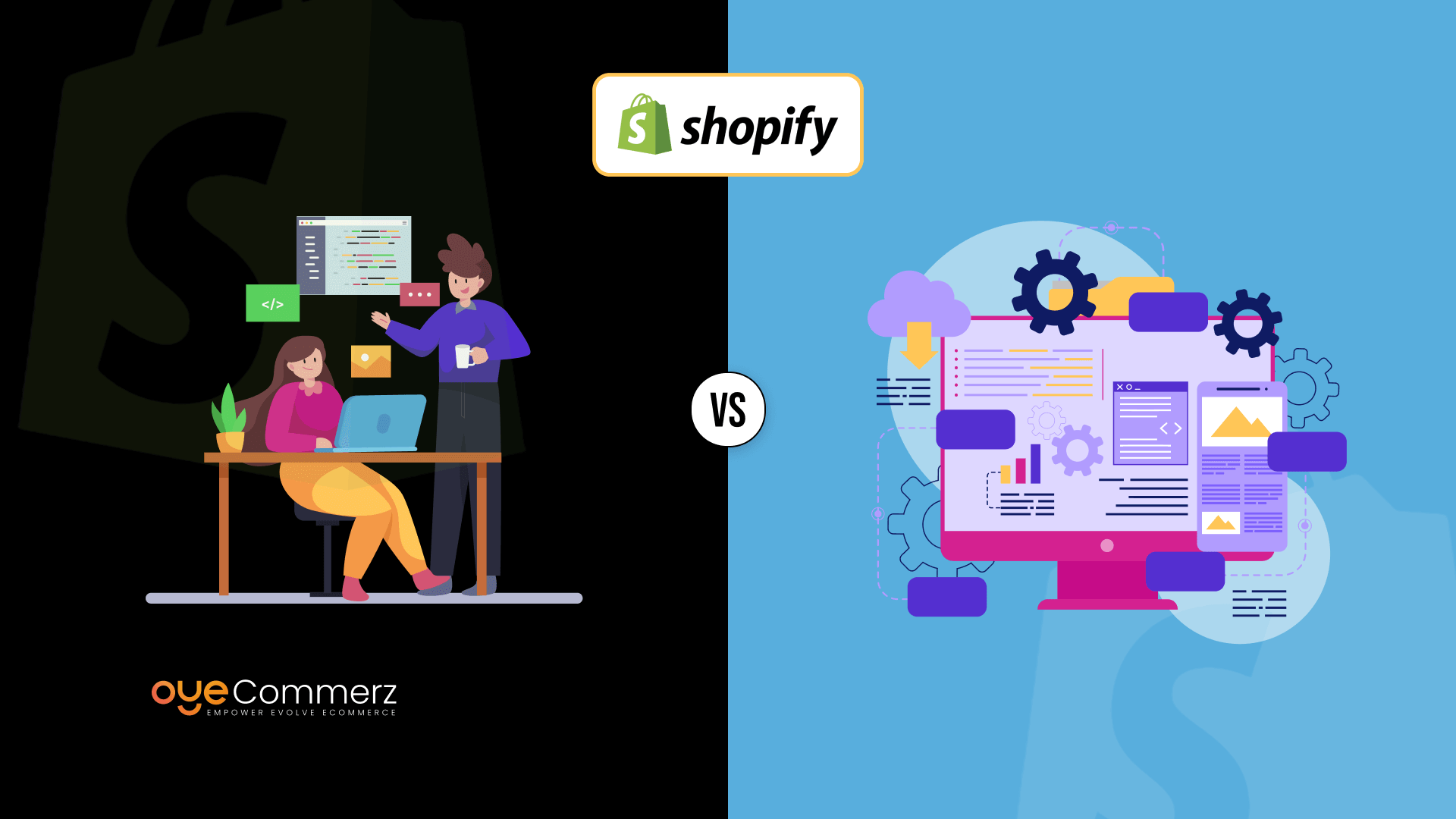Overview
In today’s competitive e-commerce environment, standing out is essential, and one of the best ways to set apart a Shopify store is through custom app creation. A well-built Shopify app can enhance store capabilities, streamline operations, and boost customer engagement. This guide delves into key elements of Shopify app development, covering API integration and app ecosystem to scaling strategies and promotion methods, offering a roadmap for companies seeking unmatched store performance.
Why Shopify API Integration Matters
Shopify’s API offers robust tools to customize and expand store capabilities. With GraphQL and REST APIs, developers can retrieve information to create apps that manage inventory control, order processing, and customer information management seamlessly. Using Shopify’s API can lead to better workflow automation and enables stores to serve customers more efficiently.
Utilizing the Polaris Design System
Polaris is Shopify's design system for designing user-friendly and easy-to-use Shopify apps. By following Polaris guidelines, developers ensure that apps seamlessly integrate within the Shopify Admin experience. This ensures a cohesive appearance that appeals to Shopify merchants, promoting usability and comfort for merchants using your custom app.
Understanding the Shopify App Ecosystem
The Shopify app ecosystem offers endless possibilities for improving online stores. From handling order fulfillment to boosting customer interaction, apps in this ecosystem are tailored to meet various business requirements. Familiarizing with this system assists developers in identifying unique app ideas and allows for seamless integration of third-party services that enhance the store.
Developing Embedded Shopify Apps
Embedded apps integrate directly within the Shopify Admin, providing a smooth interface for merchants. They ensure that merchants do not need to leave their Shopify control panel, streamlining their workflow. Using Shopify App Bridge and embedded app features is recommended for providing a unified, well-integrated user environment.
Leveraging Node.js and React for Shopify Development
The technologies Node.js and React have emerged as ideal tools for Shopify app creation. This server-side framework enables efficient back-end services, while React enables dynamic, responsive front-end design. Combined, they offer an strong framework for creating speedy, scalable Shopify apps that enhance store performance and Shopify app ecosystem customer engagement.
Utilizing Webhooks in Shopify Development
Webhooks enable instant data synchronization between Shopify and an outside application. They initiate events such as new orders or stock changes and provide immediate alerts to your app. By utilizing webhooks, apps can deliver real-time information to store owners, streamlining workflows and boosting productivity.
Engaging Customers Through Digital Marketing for Shopify Apps
To ensure Shopify app success, connecting with users Shopify apps by Oyecommerz is crucial. Using online marketing techniques like SEO, email marketing, and social media campaigns can drive app adoption. Additionally, designing apps with customer interaction as a focus (e.g., loyalty programs or personalized suggestions) increases user retention and satisfaction.
Scaling Your Shopify App
As e-commerce stores expand, so do their technological needs. Making sure that your app can manage higher usage, larger data sets, and more complex functionalities is critical. By improving server resources and using scalable technologies, you can create apps that grow in tandem with a store’s success.
Important Features and Maintenance Tips for Shopify Apps
For an app to be effective, it should offer key capabilities like user authentication, dashboard analytics, and support channels. Ongoing app upkeep, with updates to fix bugs and ensuring compatibility with new Shopify functionalities, is vital to maintain continuous operation and prevent disruptions to merchant workflows.
Conclusion
Custom Shopify app development holds vast potential for e-commerce stores, providing the ability to improve performance, streamline processes, and build customer relationships. With API integrations and Node.js to focusing on scalability and customer interaction, building a Shopify app involves careful planning and well-planned actions. If you’re ready to unlock your store’s full potential, a custom Shopify app could be the ideal solution. What capabilities do you see for your ideal app? Share your ideas and begin the journey to an enhanced e-commerce experience!
